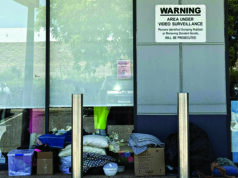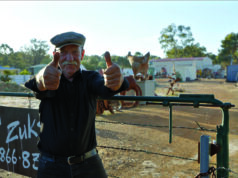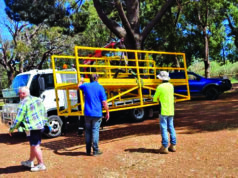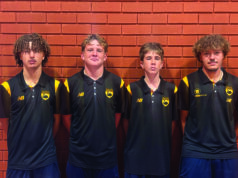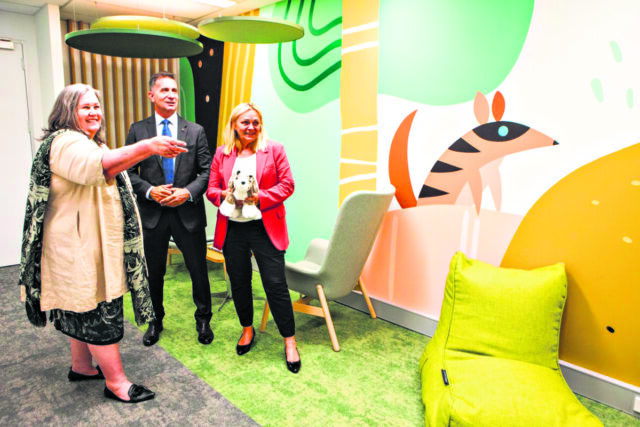
A Western Australian initiative which supports victims and survivors of child sexual abuse will be receiving a funding boost from the state government.
The state government said the funding would ensure the continuation of the multi-agency investigation support team (MIST).
“MIST is a cross-agency, cross-disciplinary team comprised of the Child Abuse Squad in the WA Police, child and family advocates and therapeutic support services,” the state government said.
“Parkerville Children and Youth Care (PCYC) has been awarded the $4.2 million two-year grant to continue the service in Armadale, Midland and Rockingham.
“The service offers a unique wraparound and integrated response by facilitating access to therapeutic supports, psychoeducation and health services for victims and survivors and their family.”
According to PCYC Armadale’s George Jones Child, Youth and Family Centre responded to one-third of all child sexual abuse reports in WA.
In its 2024 submission to the inquiry into justice responses to sexual violence, PCYC chief executive Kim Brooklyn said MIST was unique within the Australian context.
“It has been recognised as best practice, and has demonstrated that the service meets the required clinical, forensic and child protection outcomes,” Ms Brooklyn said.

The support team was launched in Armadale 10 years ago, according to a 2016 MIST evaluation report.
The report said staff found many advantages to the MIST process.
“Workers believed that a further advantage of MIST was that it enabled the provision of consistent support to children and families throughout the interview and investigation process, and valued the work of the advocates and child protection and family support (CPFS) staff in facilitating the engagement of children and families with supportive services alongside the investigation,” the report said.
However, staff said collaboration across different agencies and systems was a challenge.
“Suggestions for improvements mainly revolved around the perceived need for additional workers, particularly more advocates and more CPFS capacity for the in-house child protection worker to conduct safety and wellbeing assessments.
“Workers thought that there should be a regular practice level meeting for them to raise minor issues and maintain rapport with workers they may not interact with frequently.”



